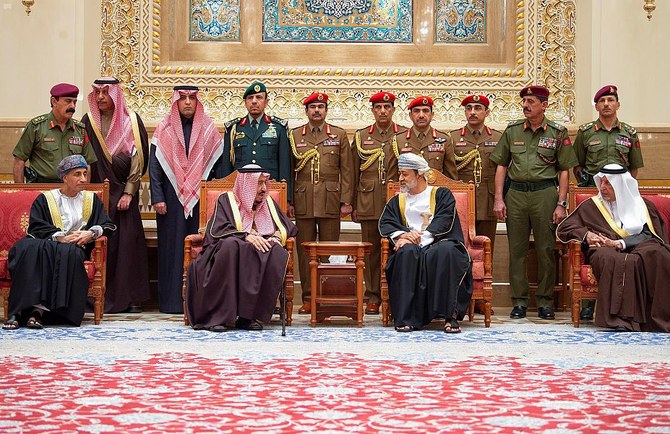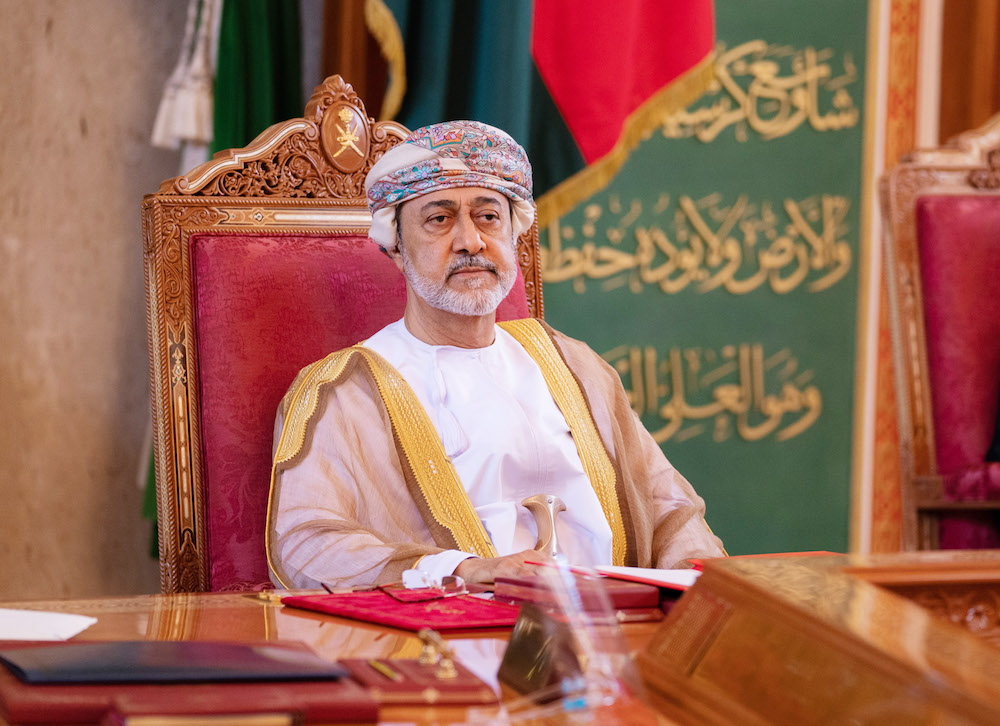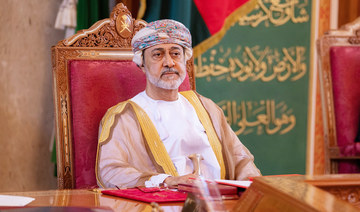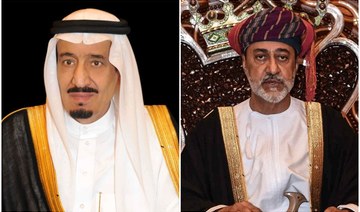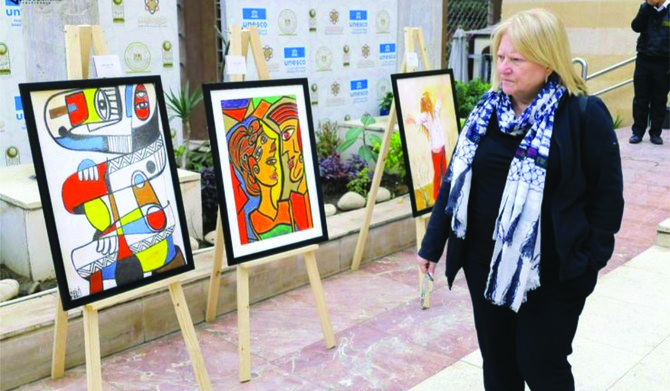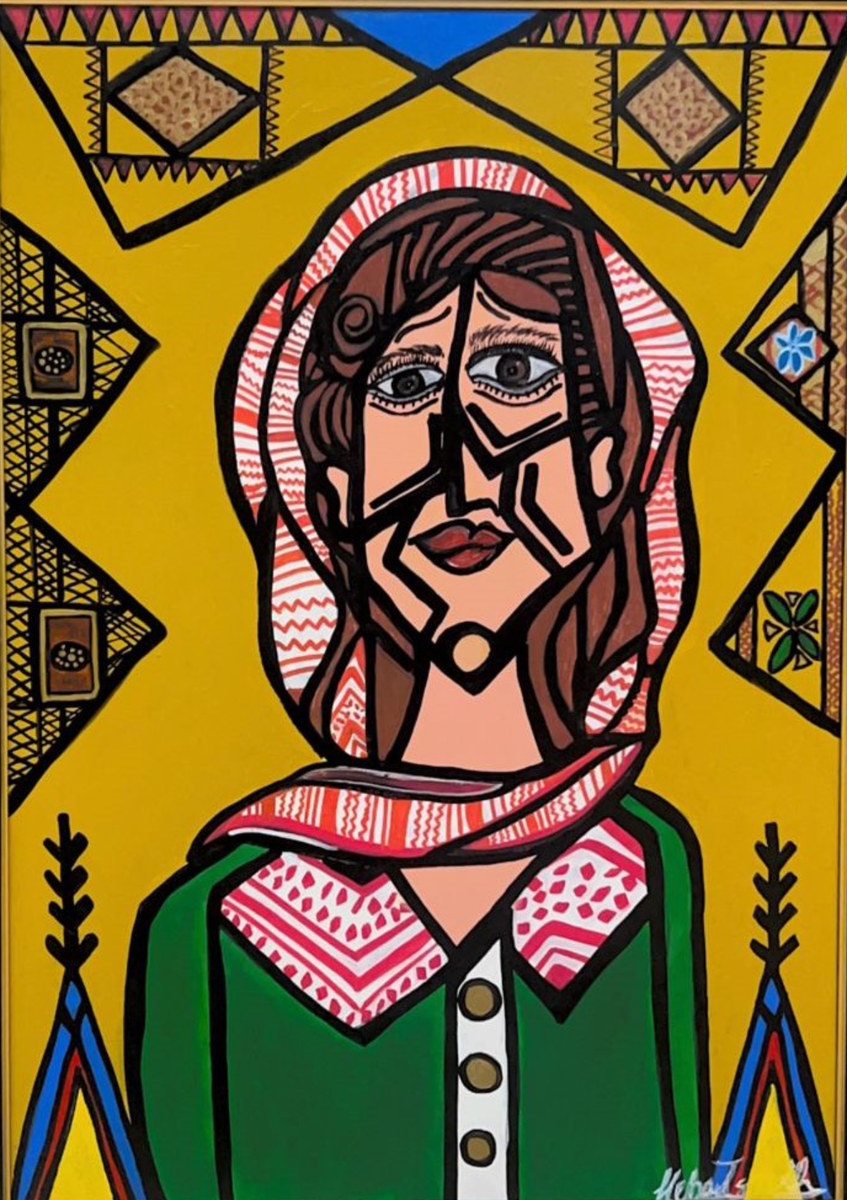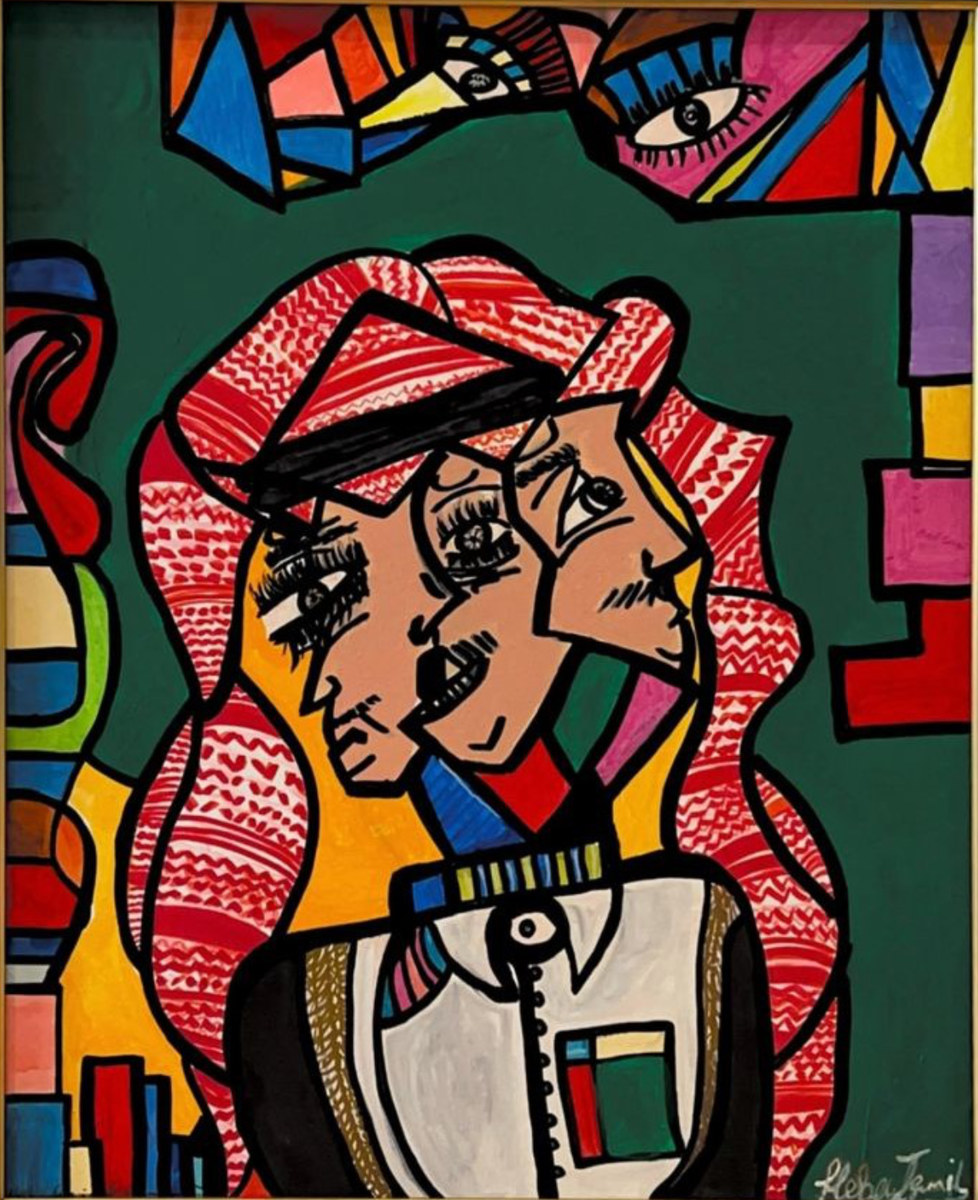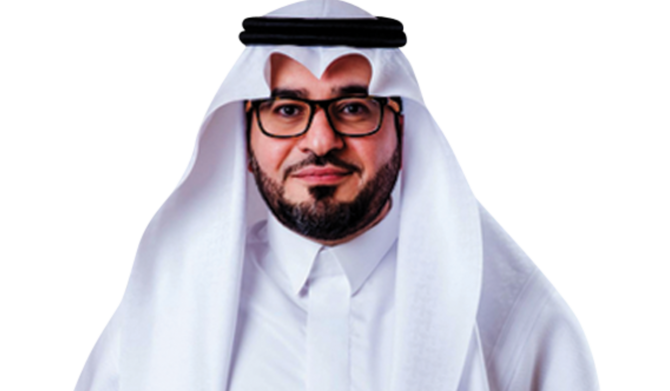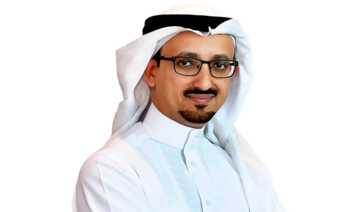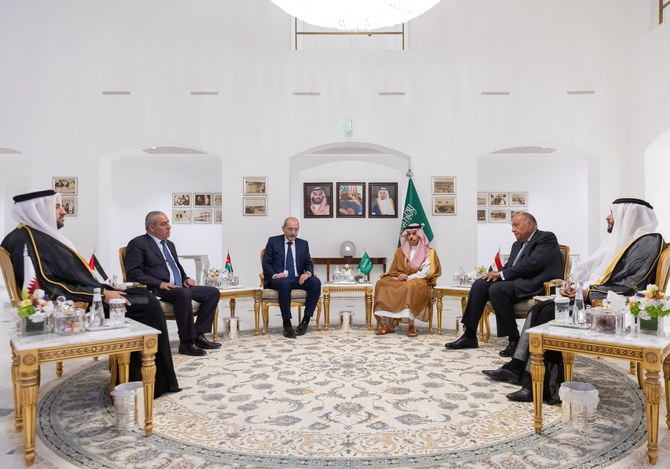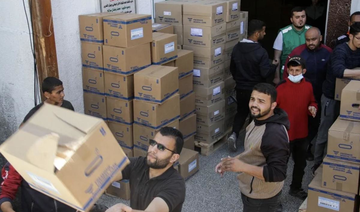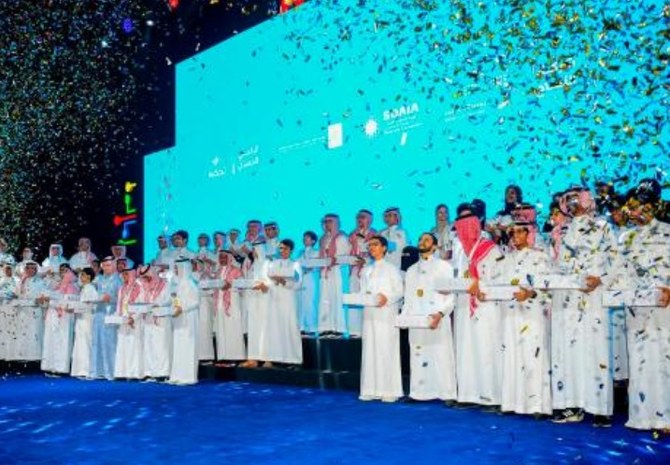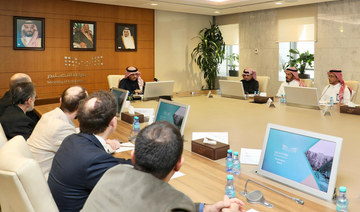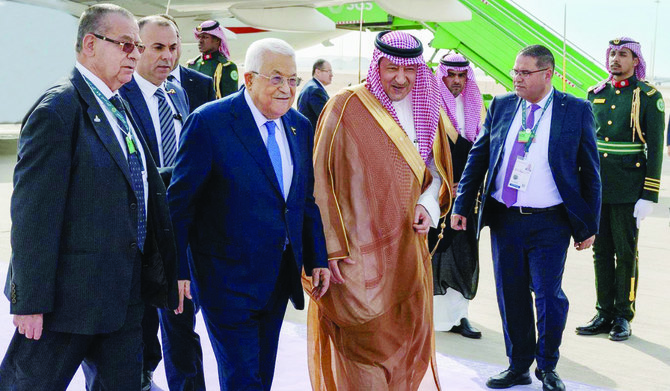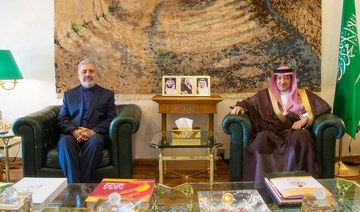RIYADH: For over half a century, relations between the governments of Saudi Arabia and Oman have been characterized by cooperation, mutual respect and understanding on various regional and international issues.
Likewise, connections at the people-to-people level run deep thanks to bonds of history, shared Arab customs and traditions, and a common Gulf Arab heritage.
The two countries coordinate their actions under the umbrella of the Gulf Cooperation Council (GCC) in accordance with the bloc’s common visions and strategic goals, with a view to achieving integration between member states in different fields.
A similar cooperative spirit informs their roles at the Arab League, the Organization of Islamic Cooperation (OIC), the UN and various international bodies.
Finding new ways to expand the partnership between the Kingdom and the sultanate will be high on the agenda during Sultan Haitham bin Tariq’s two-day visit to Saudi Arabia at the invitation of King Salman. The Omani ruler arrived in Neom on Sunday for wide-ranging talks.
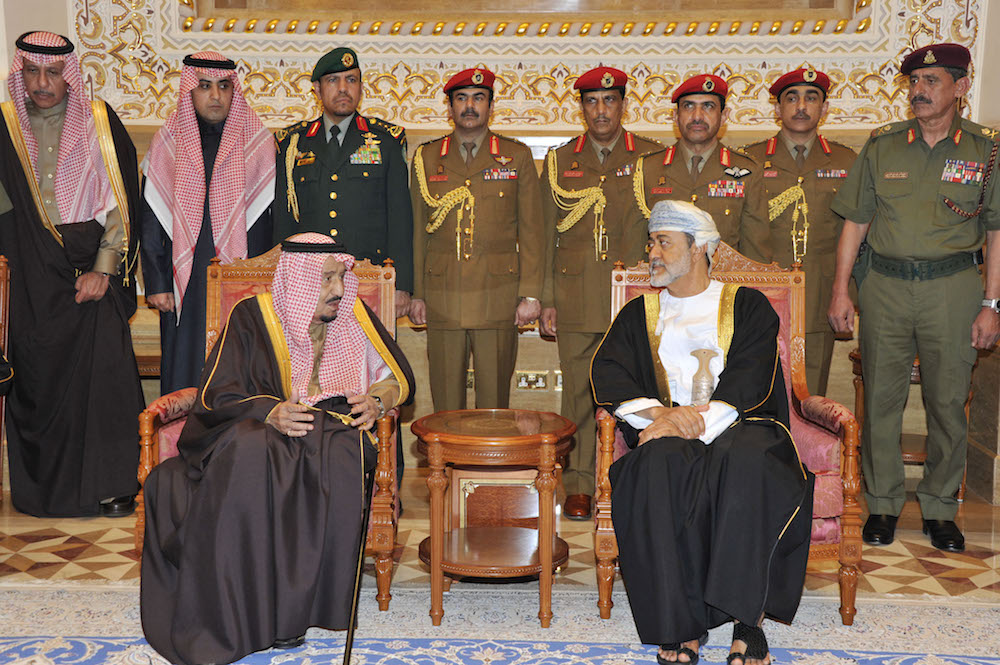
A handout picture released by the Omani News Agency shows newly sworn-in Sultan Haitham bin Tariq (R) receiving Saudi Arabia's King Salman bin Abdulaziz in the capital Muscat on January 13, 2020. (AFP via ONA/File Photo)
“The visit comes within the framework of strengthening the historical and fraternal relations between the leaderships of the two countries,” the Saudi Press Agency (SPA) said. “It also aims to expand the prospects of joint cooperation and ways to develop them in various fields for the interest and steady progress of the peoples of the two countries.”
The SPA added that the visit is intended to “strengthen the deep historical bonds” between the two countries, “and to explore new areas of cooperation — particularly in the fields of trade, infrastructure and development.”
Sultan Haitham is being accompanied by senior ministers and diplomats, notably Deputy Prime Minister for Defense Affairs Sayyid Shihab bin Tarik Al-Said, Interior Minister Sayyid Hamoud bin Faisal Al-Busaidi, and Foreign Minister Sayyid Badr bin Hamad bin Hamoud Al-Busaidi.
The delegation also includes Said bin Hamoud bin Said Al-Maawali, minister of transport, communications and information technology; Qais bin Mohammed bin Moosa Al-Yousef, minister of commerce, industry and investment promotion; and Abdulsalam bin Mohammed Al-Murshidi, chairman of the Oman Investment Authority.
“Saudi Arabia is the largest economy in the Arab world and its leading economic engine, home to a quarter of the world’s petroleum reserves and the largest free market in the Middle East and North Africa region. It’s a key, valued trading partner of Oman,” Sayyid Faisal bin Turki Al-Said, Oman’s ambassador to Saudi Arabia who will be accompanying the sultan’s delegation, told Arab News.
Sultan Haitham’s assumption of power, in January 2020, came at a critical moment in the sultanate’s history. He took over the reins when large parts of the world, including the Arab region, faced challenges on multiple fronts: political, economic, social and health.
The sultan opted for a path of modernization and change without delay, introducing reforms to fulfil the hopes and aspirations of the Omani people while taking measures to preserve the stability and security of the country.
His visit to Saudi Arabia marks his first foreign trip since becoming his country’s leader, testifying clearly to the importance of the Saudi-Omani relationship.
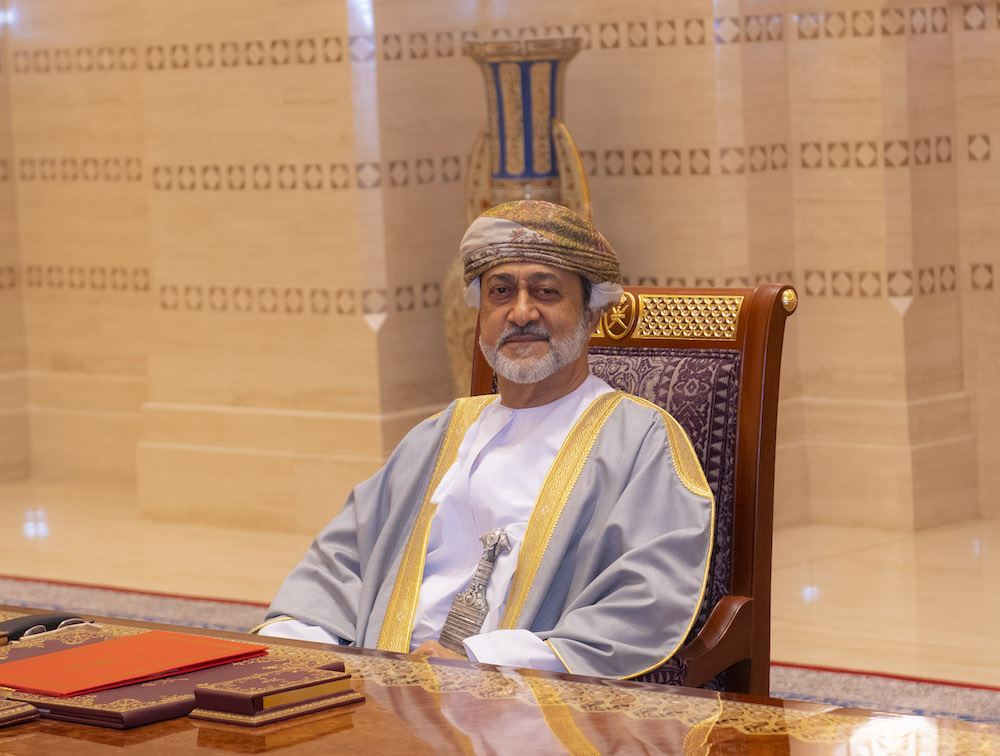
Sultan Haitham bin Tariq’s visit to Saudi Arabia marks his first foreign trip since becoming his country’s leader, testifying clearly to the importance of the Saudi-Omani relationship. (Oman News Agency/File Photo)
Ties between the two Gulf states have remained strong in part thanks to regular bilateral meetings and shuttle diplomacy, a tradition established after the signing of the March 1990 agreement that finally delineated their 658 km border.
The border agreement signed at Hafr Al-Batin in Saudi Arabia solidified the relationship, sweeping away territorial disputes of the past and giving both states equal access to the area’s bountiful water resources.
Over the decades that followed, relations have grown from strength to strength, yielding ambitious economic partnerships and joint action on the GCC, which has seen a merging of strategic aims and a shared vision for economic diversification.
Indeed, trade talks involving representatives from the public and private sectors of both countries were underway long before Sultan Haitham’s arrival in Saudi Arabia, with many more business forums already scheduled.
“The Saudi-Omani Business Council will have a very important complementing role with regards to identifying both trade and investment opportunities during its first official virtual meeting that was held recently,” said Faisal Al-Said, referring to just one of the latest collaborations.
“Both sides agreed to exchange visits and identify key priority areas. Currently the council comprises some 40 members representing various key sectors in both countries.”
In 2006, Saudi Arabia and Oman agreed to open a new border crossing to help facilitate expansion of trade.
Their engineers teamed up to build a Saudi-funded highway through Rub Al-Khali (the Empty Quarter), connecting Al-Ahsa in the Kingdom’s Eastern Province to Ibri in Oman, shaving some 16 hours off the journey time between the two countries.
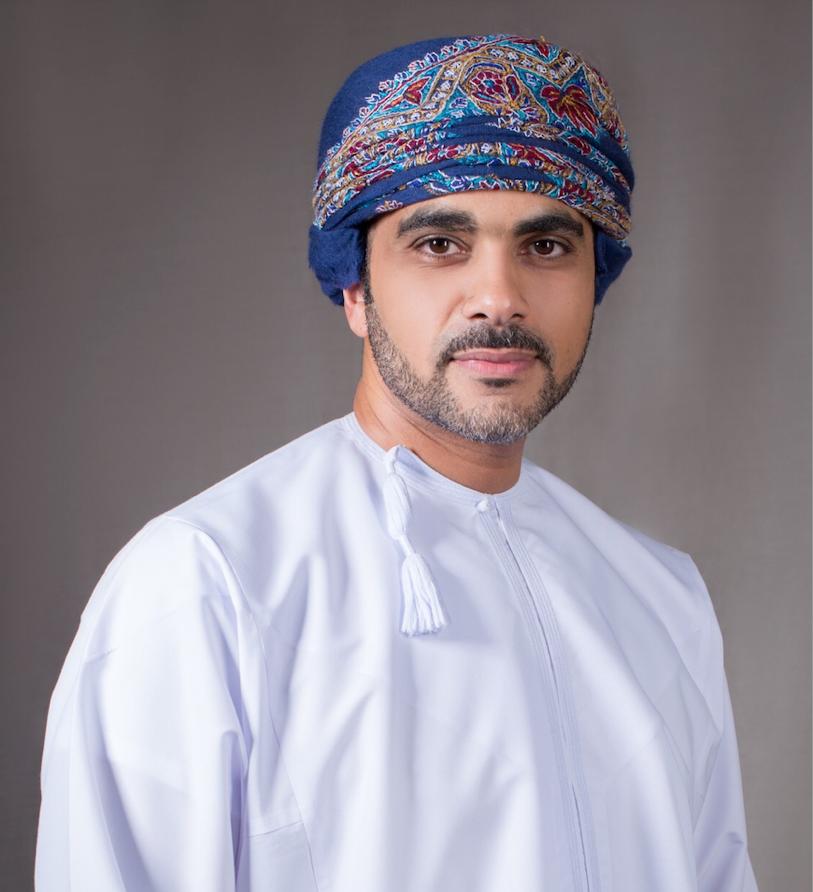
Sayyid Faisal bin Turki Al-Said, ambassador of Oman to Saudi Arabia, said “the road link between Saudi Arabia and Oman is progressing well.” (Supplied)
Officials expect to be able to open the road to civil and commercial traffic by the end of 2021, which will potentially inaugurate a new era of business activities.
“The road link between Saudi Arabia and Oman is progressing well and will soon be open for both travelers and businesses alike,” said Faisal Al-Said.
“The road holds immense importance when it comes to the new expected business and economic partnership between the two nations.”
Once open, the new highway will cut the cost of import-export logistics, especially for merchants operating out of Oman’s ports of Sohar and Duqm, not to mention the potential boost to tourism — a sector both countries are keen to expand.
In particular, the Omani side hopes the new road — and perhaps even a future rail link — will encourage more joint investments at the Sohar Industrial Estate and the Special Economic Zone in Duqm.
Other partnerships include the development of Khazaen Economic City, the Salalah 2 gas-fired power station and the Salalah desalination plant. Saudi Arabia is also a big importer of Omani fish, making the development of the sultanate’s fisheries a matter of tremendous common interest.
“Many business owners on both sides see the road link as a major contributor and a catalyst for growing bilateral trade,” said Faisal Al-Said. “The important link will provide other businesses an opportunity to explore the much-required supporting services and logistics as well.”
Another core area of cooperation is the environment, with the two states pulling together to cut carbon emissions by 60 percent, plant billions of trees, and make the Saudi and Middle East Green initiatives a reality.
READ MORE
Before he became sultan of Oman, Haitham bin Tariq Al-Said was widely seen as the continuity candidate when he was named the preferred successor to his cousin and ruler of almost 50 years, Qaboos bin Said. Find out more.
Sultan Haitham has welcomed the initiatives in previous talks with Saudi Crown Prince Mohammed bin Salman. The two countries have also begun sharing expertise in industrial development, city planning and mineral extraction, with ministerial delegations recently meeting via video link to discuss new collaborations.
High-level delegations have crisscrossed the region in recent months with the aim of integrating Oman’s Vision 2040 and Saudi Arabia’s Vision 2030 — two development and economic diversification agendas designed to create vibrant, modern economies that offer young citizens exciting new career paths and improve overall quality of life.
“Under the wise leadership of His Majesty Sultan Haitham bin Tariq, as part of Vision 2040, we’re capitalizing on our strategic strengths in sectors such as manufacturing, logistics, fisheries, mining, tourism and technology,” said Faisal Al-Said.
“And with the announcement earlier this year of the economic stimulus package, His Majesty’s government is empowering our private sector and encouraging the birth and growth of small businesses, particularly those run by our young entrepreneurs,” he added.
“And just as the Saudi government is investing in its national infrastructure, we too have carried out successful high-profile infrastructure projects in Duqm, Sohar, Salalah and Muscat — projects that are adding significant value to Oman’s growth, growing economy, as well as attracting considerable international interest.”



